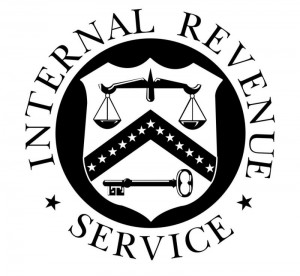
A federal judge sentenced Mark Anthony Gyetvay of Naples, Florida, on Tuesday to seven years and two months in prison for a scheme to hide millions of dollars of income in undisclosed Swiss bank accounts, officials stated.
He also submitted a false filing with the IRS.
According to authorities, Gyetvay was also ordered to pay a $350,000 fine and approximately $4 million in restitution to the United States.
A federal jury convicted Gyetvay in March of failing to file a Report of Foreign Bank and Financial Accounts (FBAR), making a false statement to the IRS and willfully failing to file tax returns.
According to the evidence presented at trial, from 2005 to 2015, Gyetvay concealed his ownership and control over substantial offshore assets and did not file tax returns or pay taxes on millions of dollars of income.
 After working as a certified public accountant (CPA) in the United States and Russia, Gyetvay became the chief financial officer of Novatek, a large Russian natural gas company.
After working as a certified public accountant (CPA) in the United States and Russia, Gyetvay became the chief financial officer of Novatek, a large Russian natural gas company.
Beginning in 2005, Gyetvay opened two different accounts at a bank in Switzerland to hold large sums of money, which at one point had an aggregate value of over $93 million.
Over several years, Gyetvay took steps to conceal his ownership and control over these funds, including removing his name from the accounts and making his then-wife, a Russian citizen, the beneficial owner of the accounts.
Additionally, despite being a CPA, Gyetvay did not file personal tax returns for 2013 and 2014.
 Moreover, Gyetvay did not file FBARs, as required, to disclose his control over the Swiss bank accounts, even rejecting his accountant’s recommendation.
Moreover, Gyetvay did not file FBARs, as required, to disclose his control over the Swiss bank accounts, even rejecting his accountant’s recommendation.
In an unsuccessful attempt to avoid significant financial penalties, Gyetvay made a false filing with the IRS using the Streamlined Foreign Offshore Procedures, which is only available to taxpayers whose failure to report offshore assets and income is due to non-willful conduct
IRS-Criminal Investigation investigated the case.
Senior Litigation Counsel Stanley J. Okula Jr., Assistant Chief David Zisserson and Trial Attorney Kevin Schneider of the Tax Division prosecuted the case with support from the U.S. Attorney’s Office for the Middle District of Florida.

